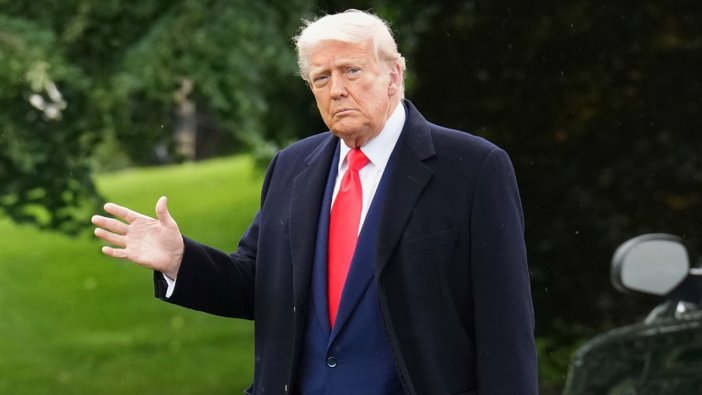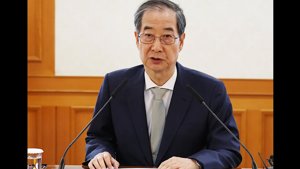
Trump DOJ Moves to End Flores Decree on Migrant Minors
Trump DOJ moves to dissolve 1997 Flores decree, calling it outdated and harmful to U.S. immigration policy.
DOJ Challenges Longstanding Court Control Over Migrant Child Detention
The Trump administration’s Justice Department filed a motion on Friday to dissolve the Flores Consent Decree, a court agreement that has regulated the detention and release of migrant children since 1997. The filing was submitted to the U.S. District Court in Los Angeles, with support from the Departments of Health and Human Services (HHS) and Homeland Security (DHS).
Attorney General Pam Bondi argued that the decree has become a magnet for illegal immigration, enabling human trafficking and obstructing federal enforcement efforts. “The outdated Flores consent decree was implemented as a stopgap measure almost 30 years ago but in recent years has directly incentivized illegal immigration at our southern border,” Bondi said.
The Department of Justice maintains that the decree has outlived its purpose and now limits the ability of elected officials to respond to modern immigration challenges. “Congress and various federal agencies have already solved the problems that Flores was designed to fix, and this consent decree is now an unacceptable restriction on our America-first immigration agenda,” Bondi added.
Legal Challenge Could Escalate to Supreme Court
Judge Dolly Gee, who has presided over the Flores case for years, is scheduled to hear the motion on July 18. Legal observers note that it is unlikely she will agree to dissolve the decree, potentially setting the stage for an appellate and Supreme Court battle.
The motion contends that the federal government must regain authority over immigration detention policy. “After 40 years of litigation and 28 years of judicial control over a critical element of U.S. immigration policy by one district court located more than 100 miles from any international border, it is time for this case to end,” the DOJ wrote in the filing.
The Flores decree, amended in 2001, was originally designed to protect unaccompanied alien children (UACs). However, in 2015, the court extended its application to accompanied children—an expansion that the DOJ now argues was never intended under the original agreement. “That simply cannot be,” the filing states, referring to judicial control over this additional group.
The DOJ further cited shifting demographics and policy challenges, including large numbers of non-Western migrants, organized surrenders by traffickers, and constraints during the COVID-19 pandemic. These factors, it argued, demand greater executive flexibility than the decree allows.
Officials emphasized the importance of restoring policy control to elected leaders in Washington rather than continuing what they view as judicial overreach. The administration’s position is that the current legal structure hampers national response to immigration dynamics and public health crises.
With the July hearing on the horizon, the motion to dissolve Flores could significantly alter U.S. immigration enforcement and child detention standards. Any denial by Judge Gee is expected to lead to appeals and potentially a landmark ruling by the Supreme Court.






